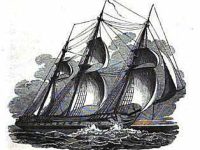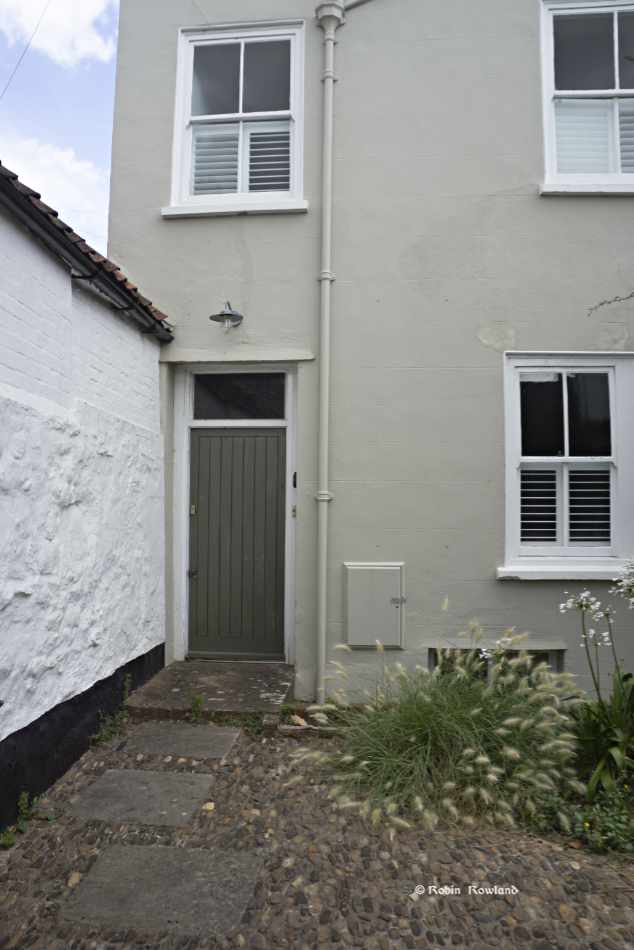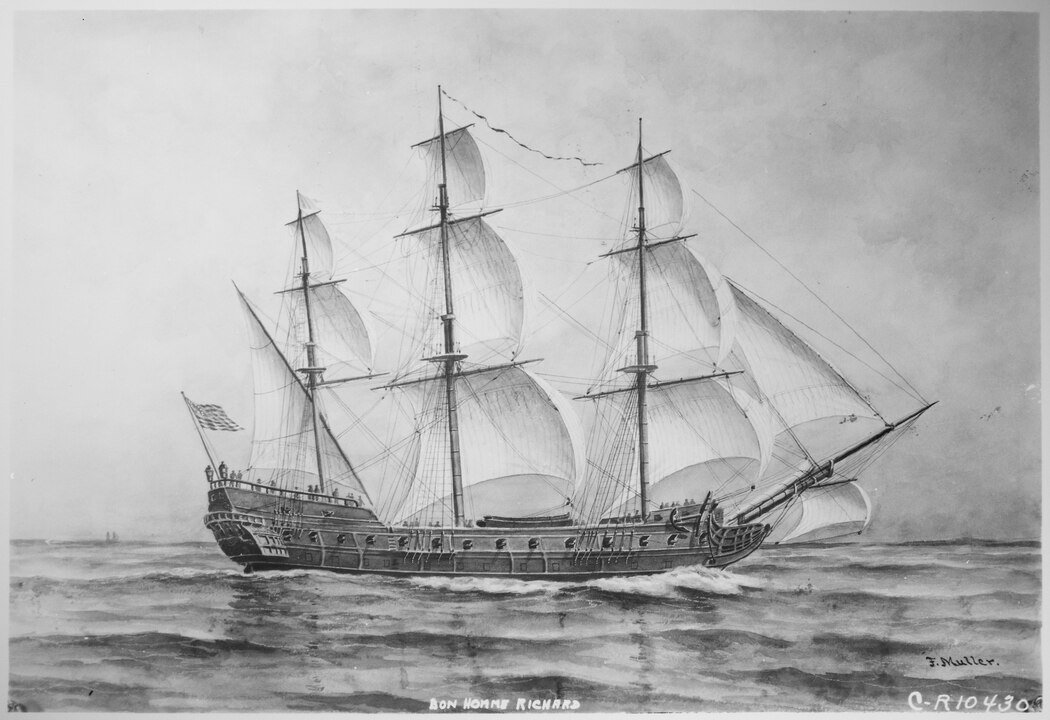
Topsham Devon, home of the seafaring Pennell family

 Topsham on the River Exe, in Devon, is the seaport for the larger city of Exeter. In the past week, I have had the chance to explore one of the towns where my roots are, the Pennells, on one main branch of my father’s side of the family.
Topsham on the River Exe, in Devon, is the seaport for the larger city of Exeter. In the past week, I have had the chance to explore one of the towns where my roots are, the Pennells, on one main branch of my father’s side of the family.
There were villages in the area of what is today Topsham going back at least to Celtic times and probably even earlier. The region was in the traditional territory of the Dumnonii which extended westward to the shores of the Atlantic in Cornwall. The Romans took over the larger settlement, calling it Isca Dumnoniorum, today Exeter, with a naval base farther down stream at Topsham, a point where the river is navigable by sea going vessels.
(When I was boy my favourite author was Rosemary Sutcliff, and her famous novel, Eagle of the Ninth, opens with a battle between the Romans and Celts at Isca Dumnoniorum, the settlement which in the story is on the frontier of Roman colonial authority. It wasn’t until years later that I found that I had ancestors who may have lived in Isca Dumnoniorum and one wonders if there is a distant epigenetic memory at work, because reading Eagle of the Ninth when I was nine or ten cemented both my decision to become a writer and my love for ancient history).
According to a biography of my second cousin 3 times removed, Theodore Leighton Pennell , the family likely settled in Topsham sometime in the early middle ages, and probably came from one of the towns in Cornwall with “Pen” as a suffix. Theodore Pennell was an Anglican medical missionary at the time to the British Raj, in what today is the border between Pakistan and Afghanistan. Today that is Taliban ruled country.
By the late Middle Ages, Topsham was a thriving port also known for ship building. (In later years two notable ships were built in Topsham, HMS Terror, part of the ill fated Franklin expedition to the Canadian Arctic and HMS Cyane/USS Cyane, which has a role in the books I am writing, both in the War of 1812 (where it tried to fight the USS Constitution) and anti-slaving operations.

With records beginning in the early seventeenth century we find that William Pennell (1648-1702 my seventh great grandfather) was trading with the Virginia colony in 1691. His son William, (1688-1750 sixth great grandfather) made at least one voyage for the East India Company. His son Lovell Pennell (1719-1788, fifth great grandfather) was a captain of both merchant vessels and privateer. Lovell Pennell commanded three privateers, Exmouth, Exeter and Mediterranean. In Exeter, in 1745, he captured two prizes off Gibraltar, fought a battle with a Spanish galleon off Cape St. Vincent and then ran out of luck when the Exeter was captured by a French privateer.
It was prize money that allowed Lovell Pennell to invest in the civilian side of the extended family business. British goods were shipped from Topsham, to Porto in Portugal. There most of the ships would load salt from salt flats and sail to Trepassey in Newfoundland, where the salt used to produce salt cod. The ships then on the return journey would stop at either Waterford, Ireland or Topsham to sell the highly prized northern cod. (Some ships also would sail back to Topsham with Porto’s famous port wine)
Lovell’s son, William Charles Pennell (1765-1860, fifth great grandfather) is the most important Pennell character in my work. He began his career as the family manager and representative in Waterford. When the family business floundered during the Napoleonic War, he joined the British customs service. There he met another customs officer John Wilson Croker. Pennell’s daughter Rosamond married Croker, cementing their relationship. Croker went on to become one of the most prominent figures of early nineteenth century British history, as Secretary to the Admiralty at the height of the Napoleonic Wars, which meant every admiral and captain would address their letters to him. Croker was also a distinguished author and editor and a member of Parliament.
It is likely that Pennell gained intelligence experience in the customs service. In 1814, he was posted Bordeaux, France after the fall of Napoleon. But when Napoleon returned during the Hundred Days, it was up to Pennell to coordinate the emergency evacuation of the city in coordination with the Royal Navy. He returned to Bordeaux until 1817 when he was transferred to Bahia, where in addition to his regular consular duties, he was specifically directed by the Foreign Office to spy on the slave trade.
There are dozens more Pennells, from Topsham, from nearby Lime Regis and London who are fascinating historical characters from the seventeenth to the twentieth centuries.
My guides from the Topsham Museum told that throughout the eighteenth and nineteenth century, the Topsham waterfront was an area for shipbuilding and other heavy industry. Today Topsham is a riverside town known for its nature reserves and bird sanctuaries. The Sunday Times named Topsham as one of the best places to live in Britain. (paywall)
For several days I walked around Topsham, visiting the museum, an ancient church, the restaurants and shops, streets that many of my ancestors walked. I walked along the tidal river where today there are yachts and small fishing boats, where once square rigged ships sailed down the River Exe and into the English Channel to the world.
It those ships that I will be writing about in my book projects.
Photo blogs from Topsham
Finding my roots in Topsham, Devon
The Bowling Green Nature Reserve, Topsham
Cormorants on the red Triassic cliffs of Devon


